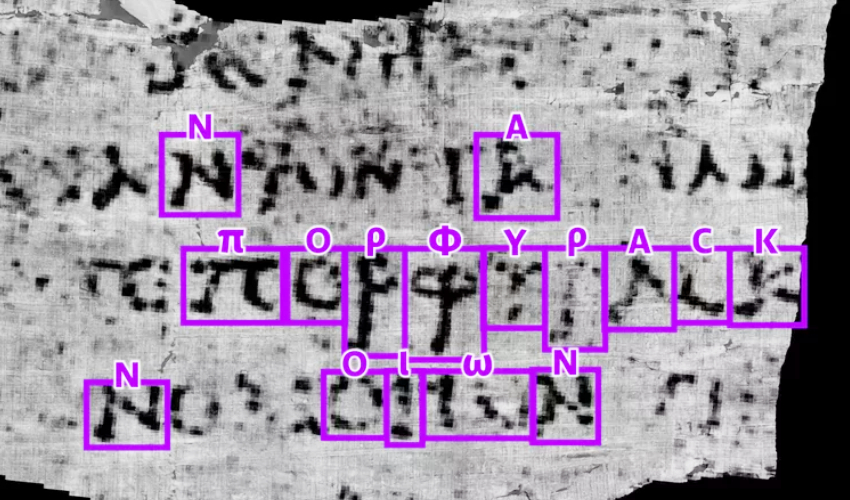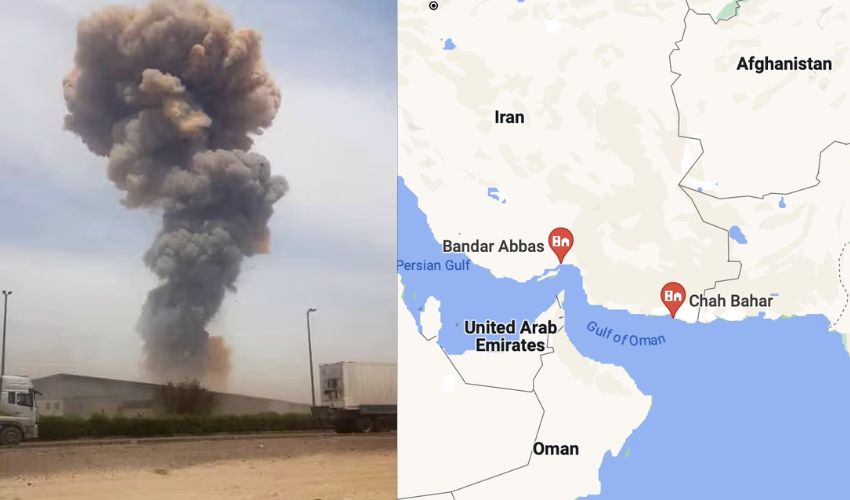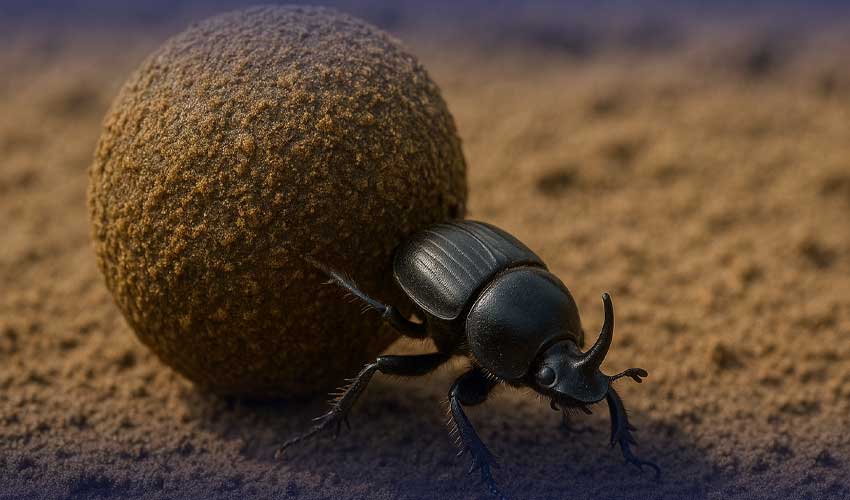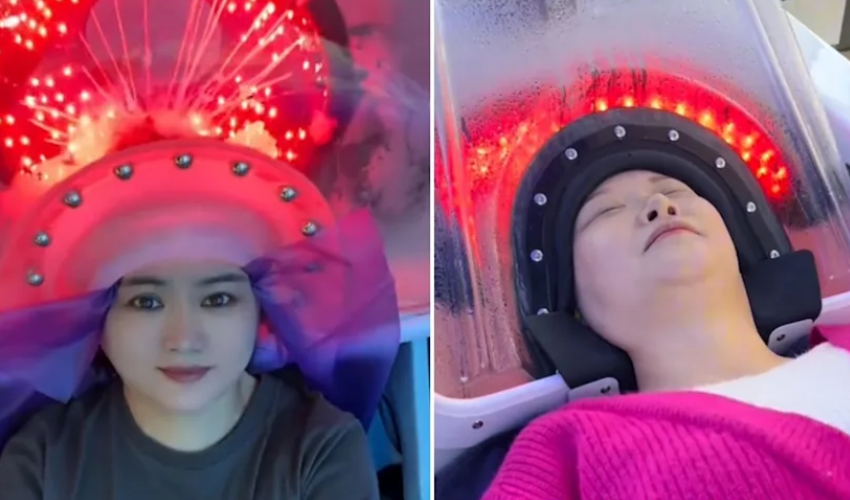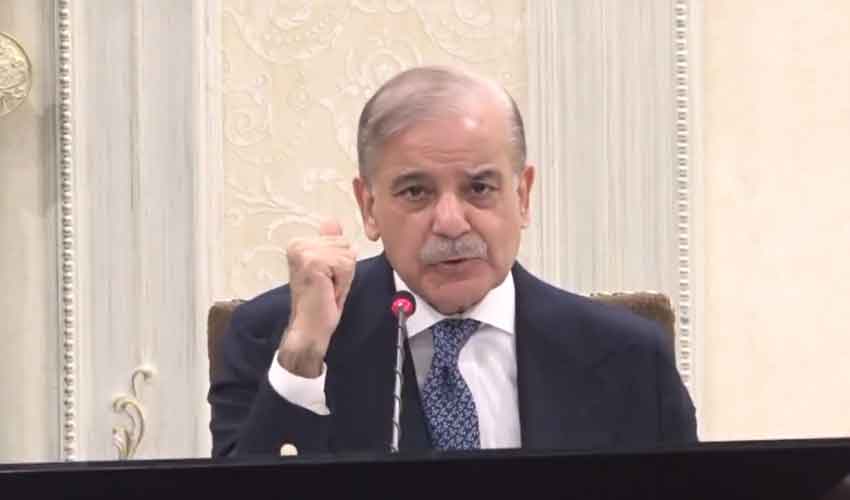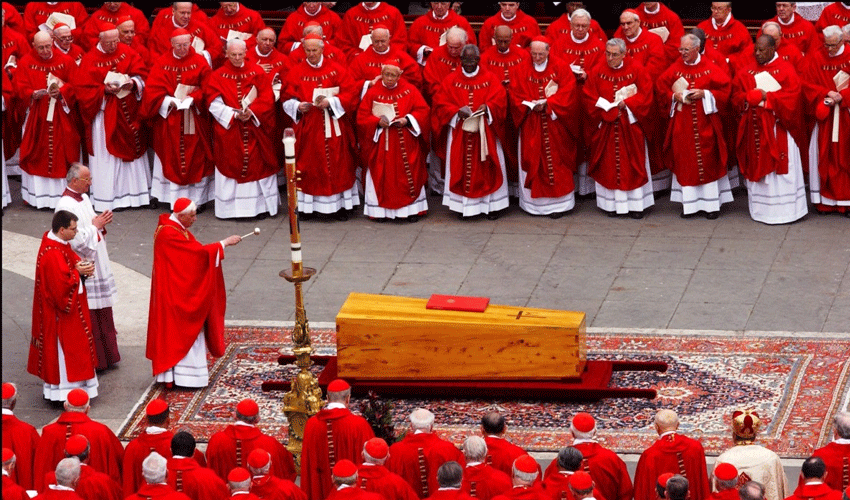A 21-year-old undergraduate student, Luke Farritor from the University of Nebraska, has achieved a remarkable feat by using AI technology to unlock a section of a 2,000-year-old scroll.
This achievement was part of the Vesuvius Challenge, a competition dedicated to decoding ancient papyrus scrolls that had been preserved thanks to the eruption of Mount Vesuvius in 79 CE.
During a recent announcement, the Vesuvius Challenge declared Luke Farritor as the winner of the "First Letters" prize, which came with a substantial $40,000 reward.
He successfully decoded more than 10 characters in a small section of the ancient scroll, thanks to his innovative machine-learning algorithm.
This technology helped reveal the word "Porphyras," which means "purple."
This is a significant breakthrough because these scrolls are too delicate to be physically unrolled as they could easily disintegrate into dust.
The scrolls' fragility is a result of their preservation in volcanic ash due to the eruption of Mount Vesuvius.
Federica Nicolardi, a papyrologist at the University of Naples, described these scrolls as "astonishingly crumpled and crushed".
Farritor's achievement not only unlocks the secrets hidden in these scrolls but also has the potential to revolutionize our understanding of ancient history and literature.
Although this is a remarkable step forward, many scrolls still await decryption.
The Vesuvius Challenge continues to encourage researchers to decode four passages in two scanned scrolls for a grand prize of $700,000.
